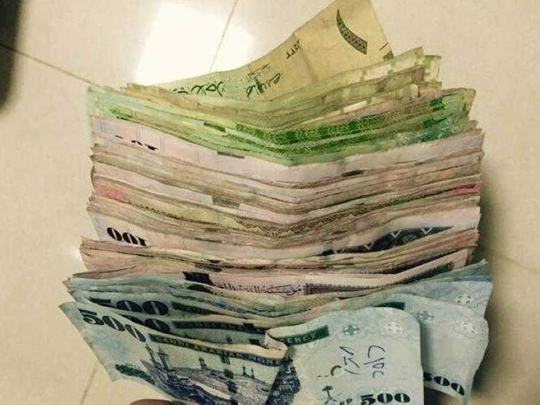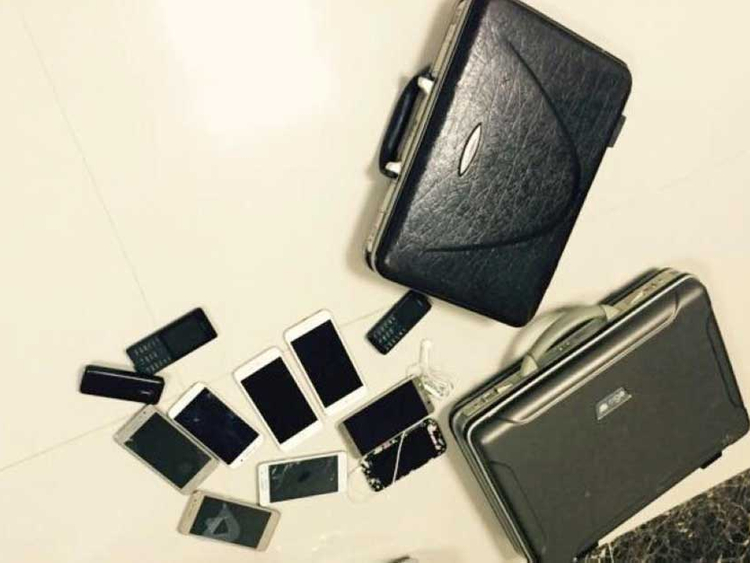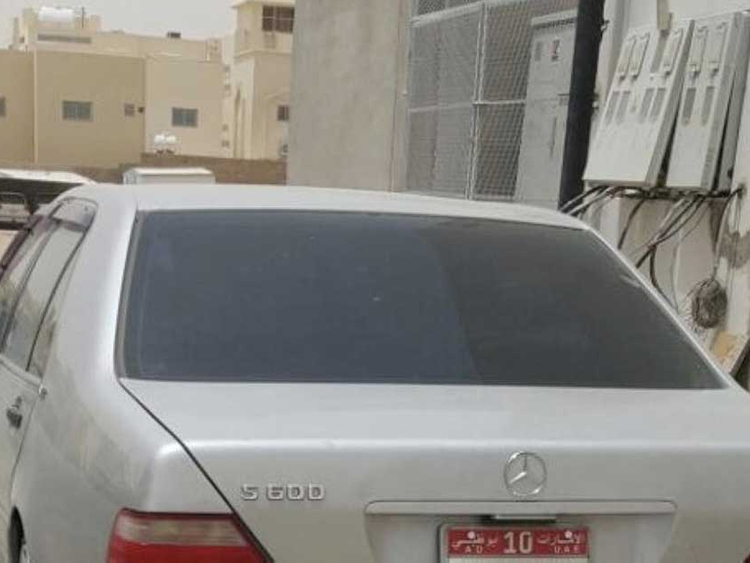
Manama: Security authorities in Saudi Arabia have arrested 21 members of a family who engaged in begging activities throughout Buraydah, the capital of Al Qassim Region in the heart of the Arabian Peninsula.
ALSO READ:
Beggars pose as Emiratis to swindle Kuwaitis
52 beggars caught in Dubai
Ministry of Interior launches anti-begging campaign
The family reportedly rented a flat in the city and organised themselves in a way that would secure them cash from unsuspecting donors and people.
The family members used five cars, including a new model, to orchestrate their moves.
“We were able to track 21 relatives, including women and children, from an Arab country suspected of illegal begging,” Bader Al Suhaibani, the spokesperson for Al Qassim police, said, quoted by Saudi daily Okaz on Monday. “They were from one family and they used a flat as their headquarters. They stopped cars and asked drivers to help them, claiming they needed urgent assistance.”
Al Suhaibani added that the police found 12,049 Saudi Riyals and 150 UAE Dirhams with the suspects.
“The police also found jewellery and residence permits in other Gulf Cooperation Council (GCC) countries,” he said.
“The suspects have been referred to the competent authorities dealing with expatriates for further action,” Al Suhaibani said.
Tricks
“We do warn against the tricks used by beggars to obtain money and we reiterate our calls for cooperation among all to help fight the phenomenon of begging and to ensure that donations and assistance should be directed to the officially accredited charity organisations.”
In May, police in Kuwait arrested a Jordanian couple who posed as desperate Emiratis and asked for money from mall shoppers.
The husband and wife, both residents of the UAE, claimed they were Emirati nationals who needed money to fill up their car with petrol and drive home.
The couple, who had a child with them, stood next to their car with its UAE licence plates and spoke in a perfect Emirati dialect to fool shoppers into supplying them with cash.
The husband approached Kuwaiti nationals, asked for 50 Kuwaiti Dinars and promised to transfer the money back to them as soon as he reached home.
Several people, mistaking the beggar for a UAE national who had run into financial problems but would most certainly honour his pledge to return the money, reacted positively and gave him the cash he requested.
However, some shoppers became suspicious and alerted the police who monitored the man’s activities and decided that he was an imposter.
The couple were held and referred to the authorities for further investigations.
With begging turning into a lucrative activity for several foreigners in the Gulf, odd ways of securing money have emerged.
The GCC countries do not allow begging and has pledged zero-tolerance towards allowing people to beg for money, particularly during the month of Ramadan when people, both locals and foreigners, have a stronger tendency to donate money and to engage in acts of charity.














